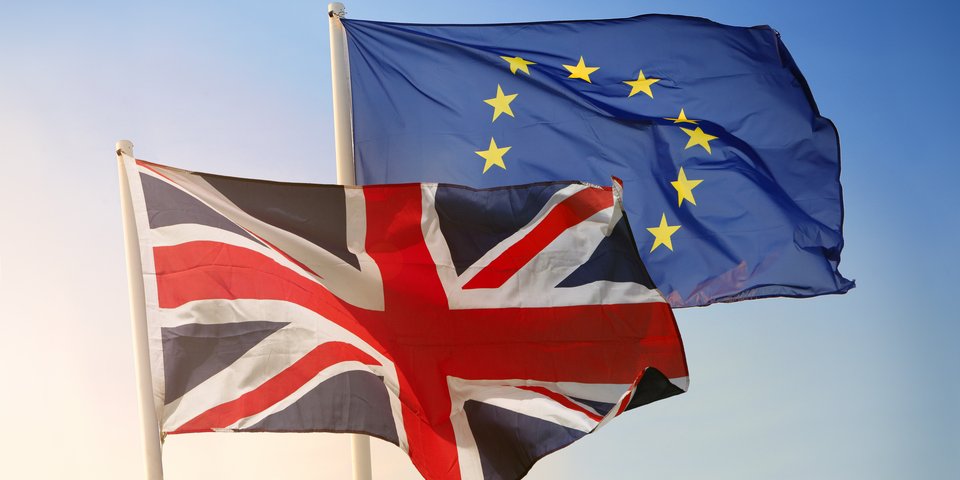 narvikk
narvikkBrexit deal in sight
UK Government and European Council of the EU27 agree on Brexit deal - approval by the House of Commons uncertain.
GD/AD – 11/2018
On
25 November 2018, the European Council approved the ‘Agreement
on the withdrawal of the United Kingdom of Great Britain and Northern Ireland
from the European Union and the European Atomic Energy Community’.
It calls on the European Commission, the European Parliament and the Council to
take the necessary steps to ensure that the agreement can enter into force on
30 March 2019, so that an orderly withdrawal can take place.
The
European Council also adopted the ‘Political
declaration setting out the framework for the future relationship between the
European Union and the United Kingdom’. Its
aim is to ensure the closest cooperation possible with the United Kingdom.
The
current situation between the United Kingdom and the EU27 is characterised by a
largely stable, united front from the EU Member States in terms of the Brussels
negotiating line. This has undoubtedly given Brussels a lot of strength for the
approach it has taken. If, for whatever reason, a deal is not done in time, for
example because the British Prime Minister’s deal is voted down by the
country’s own Parliament in December, then it is likely that some EU Member States
will make their own moves.
Spain,
which is considered to be an EU-friendly country, kicked things off with the ‘Gibraltar
issue’. The small rock fortress and surrounding land was conquered in 1704
after a military victory by Great Britain and ceded by Spain in 1713. It has
since become a thorny point of contention in Spanish-British relations. In real
terms, it is less about recovering long lost military prestige and more about
financial interests – Gibraltar is booming economically and is a destination
for migrant workers from the relatively poor Spanish border region, and
therefore of regional economic importance.
